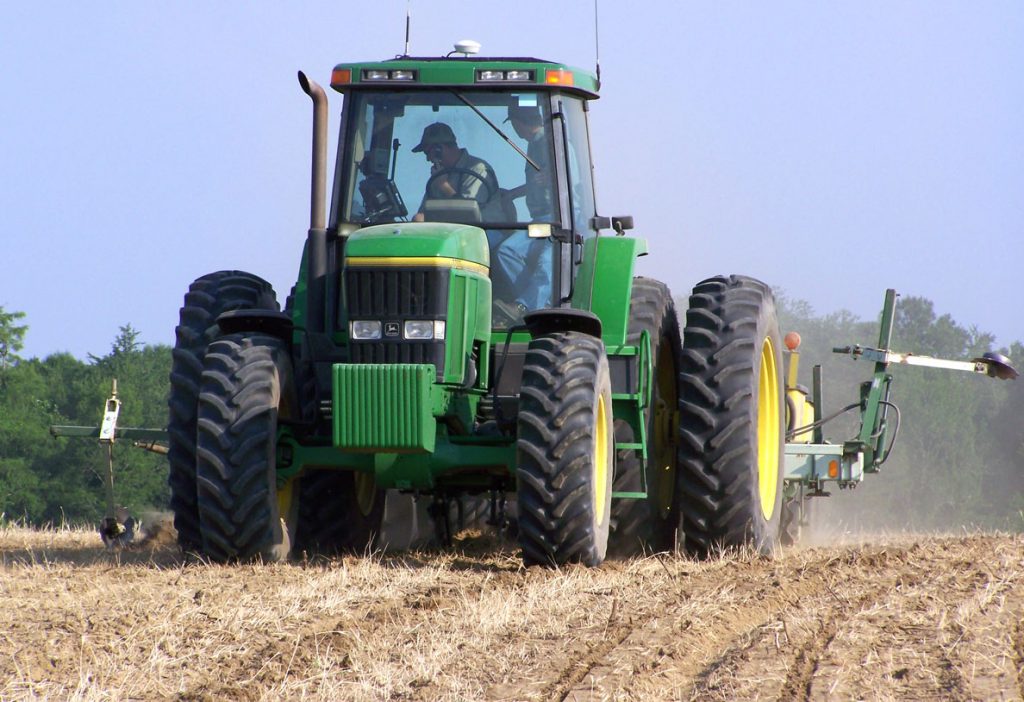
By Clint Thompson
The future of vegetable and specialty crop farming is now – or at least it needs to be. With labor a major concern, Southeast producers’ future may rest with automation, says Wes Porter, University of Georgia Cooperative Extension irrigation and precision agriculture specialist.
“Labor prices are going up. Labor is getting harder and harder to find,” Porter said. “We’re spending a lot more time and effort training people on a lot of the technologies. If we can, we can address some of these issues with automation within Ag. What that can do for us is, 1), repetitive tasks for example; stuff that we can set up either with a robot or sorter, something like that to do so we’re not having to put a person in there to sit there and do that repetitive task all the time. The other thing is, some of the spot-on moment, decision making that we must do, whether we’re in the field doing an operation, sorting a particular product or trying to determine foreign material, grades on a product. We can help remove some of the human error.
“By incorporating more of these types of automation, I think we are able to address some of these issues and really reduce some of our production costs, increase efficiency and really step up to a level where fewer people can manage more of the operation at once.”
Efficiency with Auto-Steer
For producers, automation represents an opportunity to be more efficient with the resources and land at their disposal.
“That’s one thing that everybody if you asked them when they adopted the technology like (auto-steer), what was one of the biggest things they noticed, and it was the pickup in acreage. It’s the efficiency and effectiveness that they have on that field where they thought they were farming 100 acres. Now, all of a sudden, their field computer says they put seed and sprayed 110 acres,” Porter said. “Where did that come from? We didn’t create more land, we just better applied to that particular land that we were on at that particular time.”









